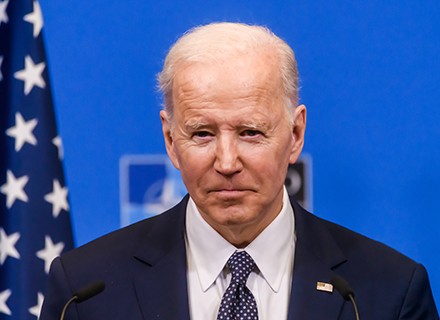US President Joe Biden’s administration said tech companies that receive funding from federal banks will be barred from building advanced technology facilities in China for 10 years.
The policies were revealed as part of a USD 50 billion (£43 billion) initiative to expand the domestic semiconductor industry. It occurs at a time when industry associations have lobbied for further government assistance in an effort to lessen reliance on China.
“We’re going to be implementing the guardrails to ensure those who receive CHIPS funds cannot compromise national security…they’re not allowed to use this money to invest in China, they can’t develop leading-edge technologies in China….for a period of ten years. Companies who receive the money can only expand their mature node factories in China to serve the Chinese market,” US Commerce Secretary Gina Raimondo’s statement said while explaining the US Chips and Science Act.
The United States and China are embroiled in a protracted trade and technological conflict. A law committing USD 280 billion (£232 billion) to high-tech industry and scientific research was signed by US President Joe Biden in August amid worries that China is eroding the United States technological advantage.
Tax incentives are included in the investments for businesses constructing computer chip manufacturing facilities in the United States. Since 1990, the United States has decreased its production of semiconductors, which are essential to everything from cars to mobile phones, from over 40% to about 10% of the global supply.
The semiconductor bill was opposed by the Chinese Embassy in Washington, which claimed it was reminiscent of a ‘Cold War mentality.’
The consequences of Washington’s restrictions on the export of United States technology to China are already being felt by some United States chipmakers. United States officials ordered Nvidia and AMD earlier this month to halt selling artificial intelligence processors to China.

